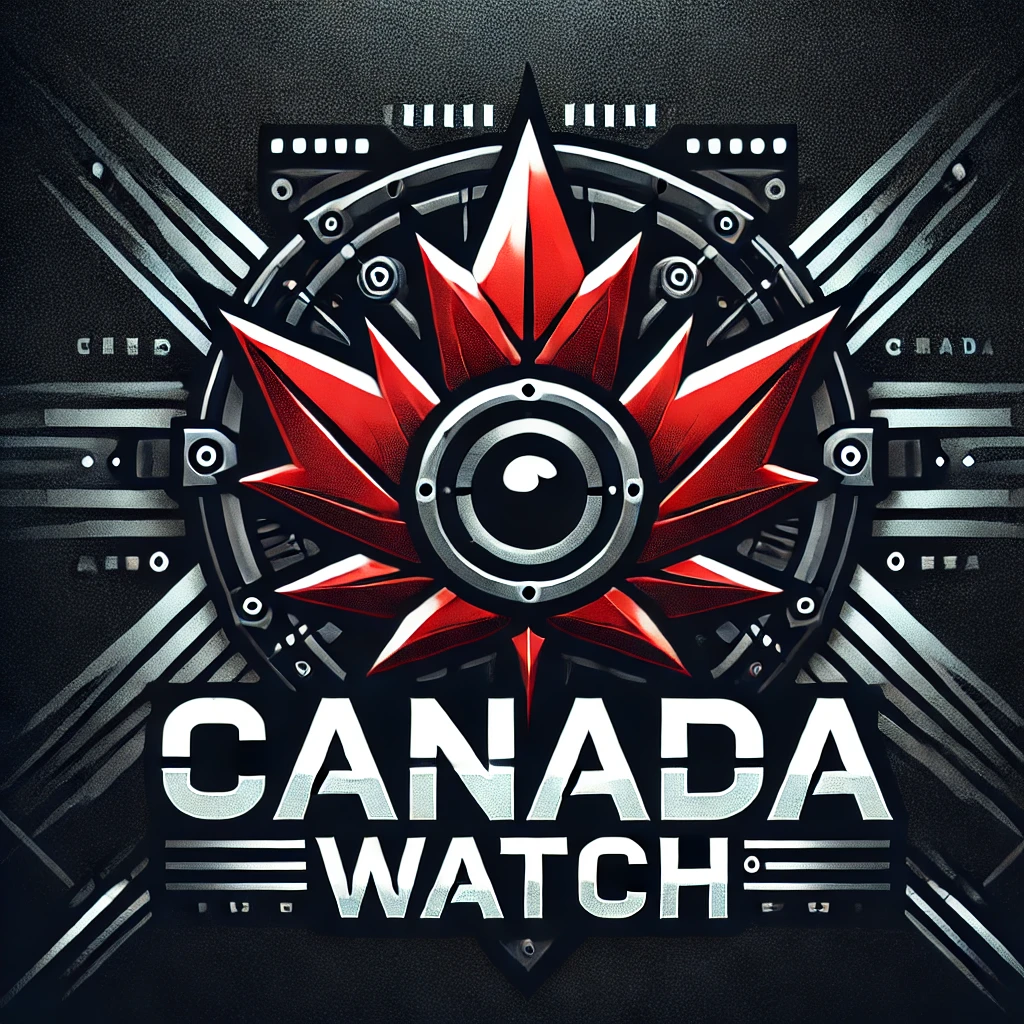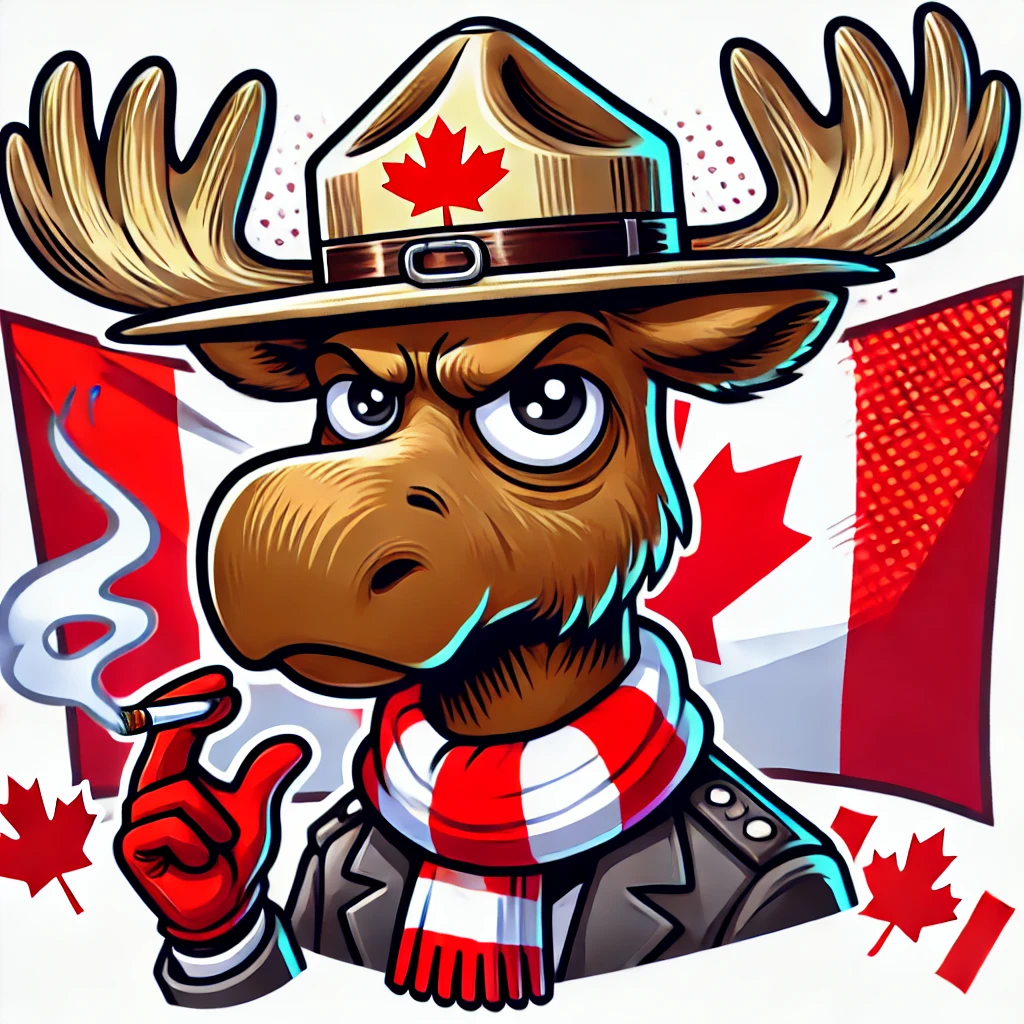Canada: The Hidden Force Behind Global Political Leadership
Canada, a country known for its politeness, vast natural landscapes, and a generally peaceful international demeanor, is often perceived as a passive player on the global stage. However, beneath this facade lies a theory that challenges conventional perceptions: Canada as the hidden force influencing political leaders worldwide. This article delves into this provocative proposition, examining the evidence, historical context, and mechanisms through which Canada could exert such covert influence.
To understand how Canada might wield such hidden power, we must first explore its historical and geopolitical context. Since its founding, Canada has played a unique role in the international community. As a member of the British Commonwealth, Canada has maintained strong ties with the United Kingdom while simultaneously developing a close relationship with its southern neighbor, the United States. This dual allegiance has afforded Canada a strategic advantage, allowing it to act as a bridge between the old world and the new.
During the Cold War, Canada’s position as a middle power was solidified. The country’s involvement in NATO and other international organizations provided it with the diplomatic leverage to influence global politics subtly. Canada’s peacekeeping missions, often under the United Nations’ banner, further enhanced its reputation as a neutral and stabilizing force. This historical backdrop set the stage for Canada to develop sophisticated methods of exerting influence without drawing attention to itself.
The proposition that Canada is the hidden force behind global political leaders hinges on several key mechanisms of influence, including economic power, intelligence operations, cultural diplomacy, and strategic alliances.
Economic Power
Canada’s economy, while not the largest, is robust and strategically integrated into the global market. The country is rich in natural resources, including oil, natural gas, minerals, and timber, which are crucial to many nations’ economies. By leveraging its control over these resources, Canada can exert considerable economic influence. For instance, the country’s energy exports to the United States make it a critical player in North American energy security. This dependency creates a significant lever of power that Canada can use to influence U.S. policies subtly.
Moreover, Canada’s financial sector is highly integrated with the global banking system. Canadian financial institutions have a strong presence in international markets, providing another avenue through which the country can exert economic influence. By controlling capital flows and investment, Canada can subtly shape economic policies and decisions in other countries.
Intelligence Operations
Canada’s intelligence community, particularly the Communications Security Establishment (CSE) and the Canadian Security Intelligence Service (CSIS), plays a crucial role in gathering and analyzing global information. Canada’s membership in the Five Eyes alliance, which includes the United States, the United Kingdom, Australia, and New Zealand, gives it access to a vast network of intelligence-sharing. This alliance allows Canada to not only gather intelligence but also influence the intelligence priorities and policies of its partners.
Through covert operations and cyber intelligence, Canada can gather sensitive information about political leaders and their vulnerabilities. This intelligence can then be used to influence these leaders’ decisions or to support political candidates who align with Canadian interests. The subtlety of these operations ensures that Canada’s hand remains hidden while exerting significant influence.
Cultural Diplomacy
Canada’s cultural diplomacy is another powerful tool in its arsenal. The country’s commitment to multiculturalism and its promotion of cultural exchange programs help foster positive perceptions globally. Canadian universities attract students from around the world, creating a network of influential alumni who carry favorable views of Canada back to their home countries. This cultural influence can shape political ideologies and policies in subtle ways.
Furthermore, Canada’s media landscape, including influential outlets like the Canadian Broadcasting Corporation (CBC), plays a role in shaping international narratives. By promoting Canadian values and perspectives, these media outlets can influence public opinion and political discourse in other countries. The export of Canadian culture through film, literature, and music also helps to disseminate Canadian ideals, subtly shaping the cultural and political landscapes of other nations.
Strategic Alliances
Canada’s strategic alliances and diplomatic engagements provide additional channels for influence. The country’s active participation in international organizations such as the United Nations, the World Trade Organization, and the G7 allows it to shape global policies and decisions. Canada’s role as a mediator and peacekeeper gives it a moral authority that can be leveraged to influence political leaders.
By forging strong bilateral relationships, Canada can exert influence through diplomatic channels. For example, Canada’s close relationship with France and the broader Francophonie community allows it to influence policies within this group of nations. Similarly, Canada’s engagement with the Commonwealth provides a platform for influencing political leaders in member countries.
Case Studies
To illustrate how Canada might exert hidden influence over global political leaders, let us examine a few case studies that highlight the country’s subtle yet powerful impact.
The United States
The relationship between Canada and the United States is a prime example of how Canada’s influence operates. Despite being the smaller neighbor, Canada’s strategic importance to the U.S. cannot be overstated. The two countries share the world’s longest undefended border, and their economies are deeply intertwined. Canada’s control over critical resources, such as oil and natural gas, gives it leverage in shaping U.S. energy policies.
Moreover, Canada’s role in intelligence-sharing through the Five Eyes alliance means it has access to sensitive information that can influence U.S. political decisions. By providing or withholding intelligence, Canada can subtly guide U.S. actions in ways that align with its interests. Additionally, Canada’s cultural influence through media and entertainment helps shape American public opinion, which in turn affects political outcomes.
The United Kingdom
Canada’s historical ties to the United Kingdom provide another avenue for influence. As a member of the Commonwealth, Canada has maintained a close relationship with the UK, influencing its political landscape through diplomatic and cultural channels. Canada’s role in the Commonwealth allows it to participate in discussions and decisions that shape the policies of member countries.
Furthermore, Canada’s economic relationship with the UK, particularly in trade and investment, gives it additional leverage. By aligning its economic policies with those of the UK, Canada can exert influence over British political decisions. The shared history and cultural ties between the two countries also facilitate this influence, as Canadian perspectives are often given considerable weight in British political discourse.
France and the Francophonie
Canada’s engagement with France and the broader Francophonie community highlights its influence in the French-speaking world. Canada’s active participation in Francophonie summits and initiatives allows it to shape policies and decisions within this group of nations. By promoting its values and interests, Canada can influence political leaders in Francophonie member countries.
Canada’s cultural diplomacy also plays a significant role in this influence. The promotion of French language and culture through Canadian institutions and media helps shape the cultural and political landscapes of Francophonie countries. This cultural affinity creates a favorable environment for Canadian influence, as political leaders in these countries are more likely to align with Canadian perspectives.
Theoretical Framework
To further explore the proposition that Canada is the hidden force behind global political leaders, it is essential to consider the theoretical framework that supports this idea. Several political theories and concepts provide insight into how Canada might exert such influence.
Soft Power
Joseph Nye’s concept of soft power is particularly relevant in this context. Soft power refers to the ability of a country to shape the preferences of others through attraction and persuasion rather than coercion. Canada’s cultural diplomacy, economic integration, and diplomatic engagement exemplify the use of soft power. By promoting its values and ideals, Canada can influence political leaders and public opinion in other countries.
Middle Power Theory
Middle power theory suggests that countries with moderate influence and resources, like Canada, can exert significant influence through coalition-building, diplomacy, and multilateralism. Canada’s active participation in international organizations and alliances aligns with this theory. By acting as a mediator and bridge-builder, Canada can influence global political decisions and leaders.
Constructivism
Constructivist theory in international relations emphasizes the role of ideas, norms, and identities in shaping global politics. Canada’s promotion of multiculturalism, human rights, and environmental sustainability reflects its efforts to shape international norms and values. By influencing the ideational landscape, Canada can indirectly shape the policies and decisions of political leaders worldwide.
Conclusion
The proposition that Canada is the hidden force behind global political leaders is both provocative and compelling. Through its economic power, intelligence operations, cultural diplomacy, and strategic alliances, Canada has developed sophisticated mechanisms for exerting influence without drawing attention to itself. Historical context and theoretical frameworks further support this idea, highlighting Canada’s unique position as a middle power with significant soft power capabilities.
While this theory may challenge conventional perceptions, it underscores the importance of considering the subtle and often unseen ways in which countries can influence global politics. Canada’s role as a hidden force behind political leaders worldwide invites us to rethink our understanding of power and influence in the international arena. By recognizing and analyzing these hidden dynamics, we can gain a deeper appreciation for the complexity and nuance of global political interactions.

